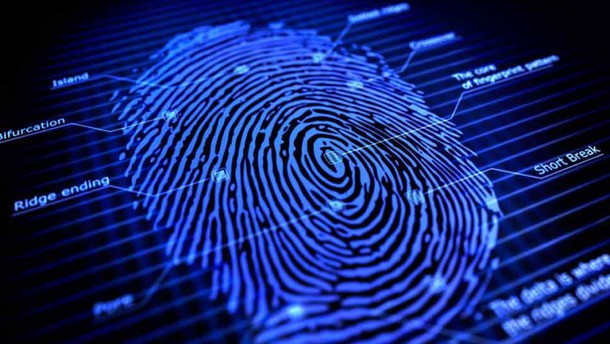
All that new test method requires in order to unravel cocaine is that person's fingerprint. Results of the test can also make a distinction between the person tested consuming the drug or just being in physical contact with it. Cocaine testing is very common within police units, prisons and similar. Up to now, tests were quite complicated and slow, while also requiring the presence of medical personnel.
Using mass spectrometry, the new test analyses patient's fingerprint and looks for traces of methylecognine and benzoilecognine, products of human metabolism of cocaine. A small amount of a solution placed on the fingerprint surface reacts chemically to the presence of the substance. A method of chemical analysis called "Desorption Electrospray Ionisation" (DESI), which is non-invasive and hygienic, creates the final result. which cannot be tampered with or forged. The team from Surrey University is optimistic that, within the next 10 years, they will design and produce a portable version of their test equipment for presence of cocaine in order to help law enforcement agencies performing field tests with much greater ease.



